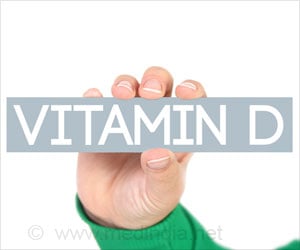A study has found that eating leafy vegetables as part of your diet may help minimize tissue damage caused by heart attacks. In the mice model study, led by Dr. David Lefer, professor of medicine and of pathology at Einstein, researchers suggested that the chemical nitrite, found in many vegetables, could be the secret ingredient in the heart-healthy Mediterranean diet.
Nitrite and its “chemical cousin” nitrate are important because of their role in producing nitric oxide gas. In contrast to nitrite that comes mainly from vegetables—celery, beets, and spinach, lettuce and other leafy types, nitrate in the diet comes mainly from cured meats such as bacon, sausage and luncheon meats.Consuming nitrate supplements the nitrite supply in the body: Once absorbed in the bloodstream, nitrate circulates to the salivary glands where bacteria convert it to nitrite, which is then swallowed in our saliva.
In the study, the Einstein researchers administered nitrite (50 mg/litre) in the drinking water of mice for seven days, while a comparison group of mice received a standard diet that was not supplemented with nitrite. Then, in order to simulate a heart attack, blood flow to the animals’ hearts was stopped for 30 minutes, followed by 24 hours of reperfusion.
The analysis of the study revealed that the hearts of the nitrite-supplemented mice were significantly richer in nitrite, and heart-muscle damage was reduced by an impressive 48 percent compared with the controls. As with the mice and nitrite, the Einstein researchers spiked drinking water with nitrate and then induced heart attacks.
A protective effect was found: Compared with the control animals, the nitrate-supplemented mice had greater stores of nitrite in their heart muscle along with significantly less heart-muscle damage, although the reduction was not as impressive as in the nitrite-fed mice. “Recent studies show that administering nitrite to animals, either intravenously or orally, can greatly limit the damage caused by a heart attack and the stress to tissue that follows due to reperfusion—the return of blood to oxygen-starved heart muscle,” Lefer said.
“We wondered if feeding animals much lower levels of nitrite and nitrate—equivalent to what people can readily obtain from their diets—could also provide protection from heart-attack injury,” he said. With the new finding, the team has good evidence that hearts undergoing heart attacks have a ‘backup’ pathway for making nitric oxide.
Advertisement
“Our study suggests that building up nitrite stores in heart muscle could spell the difference between a mild heart attack and one that causes lasting heart damage or death,” Lefer said. “And since nitrite also accumulate in the brain, they could potentially help minimize the damage from strokes as well,” he added.
Advertisement
Source-ANI
LIN/P











